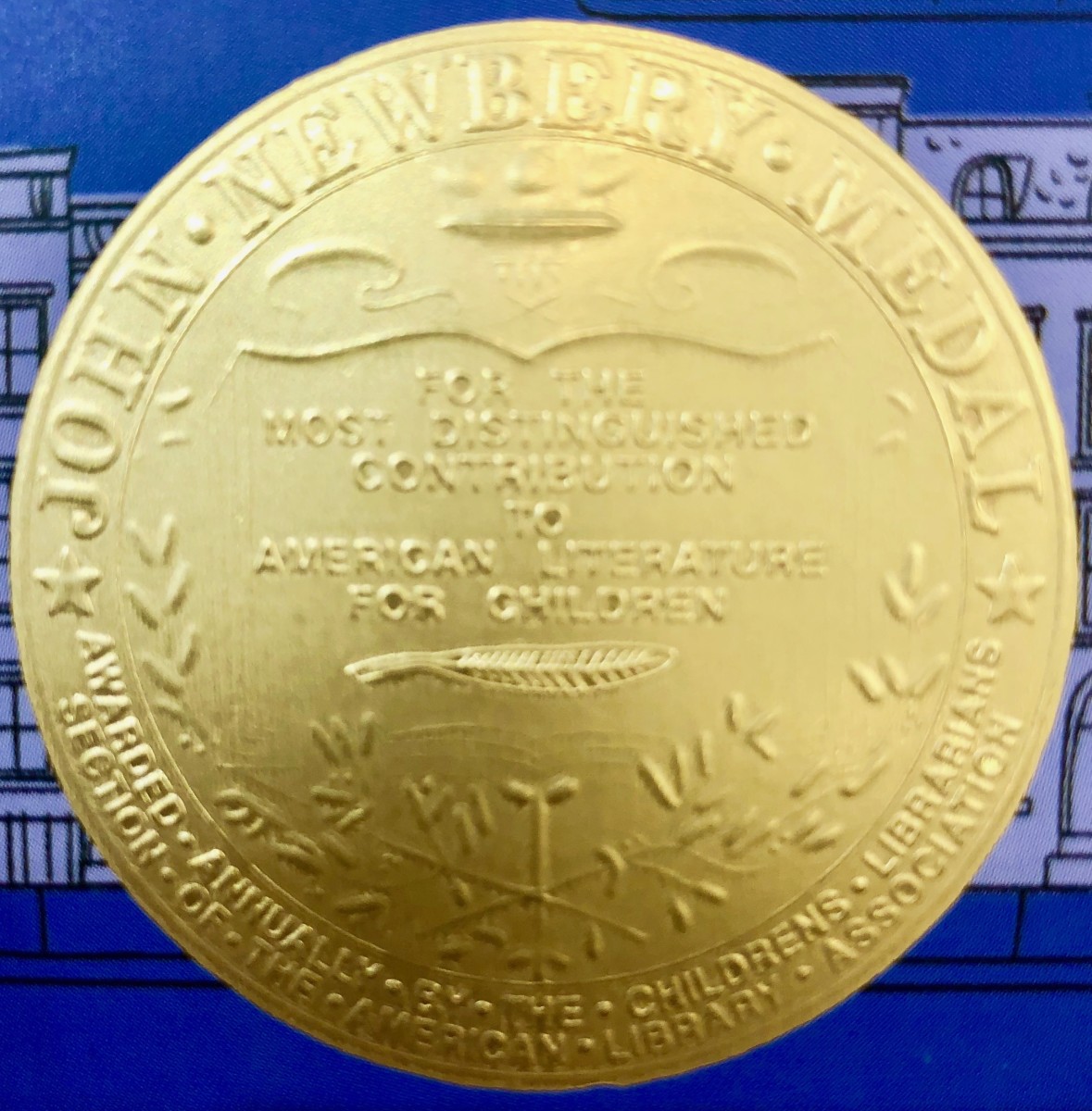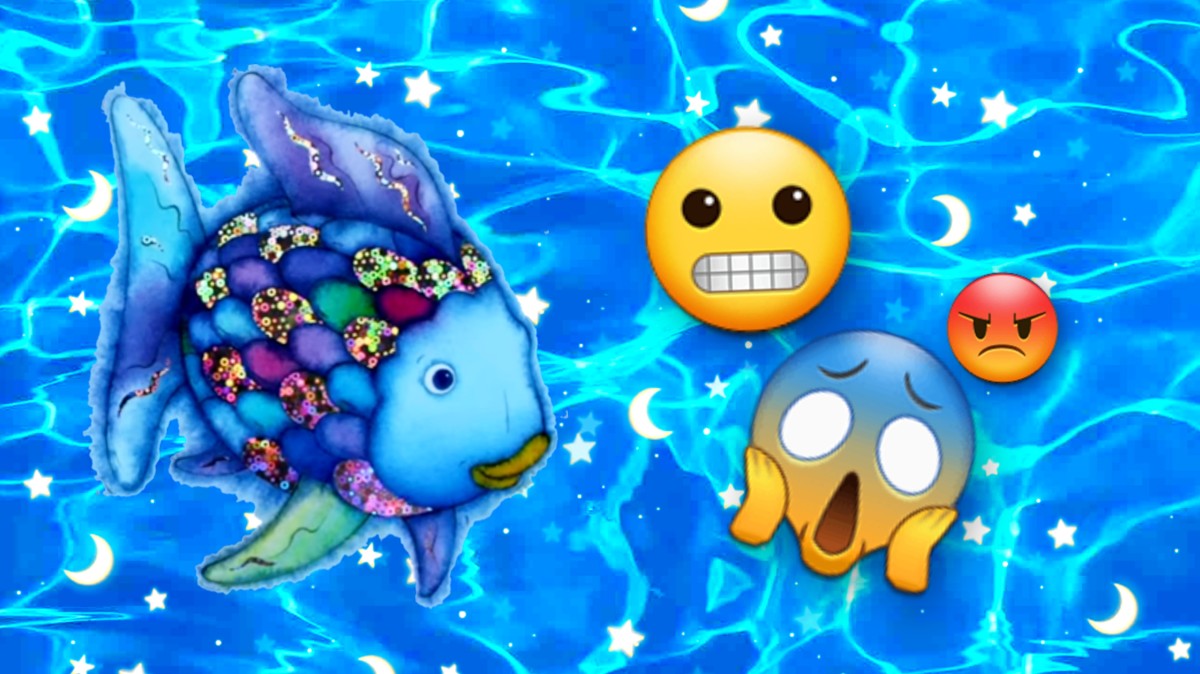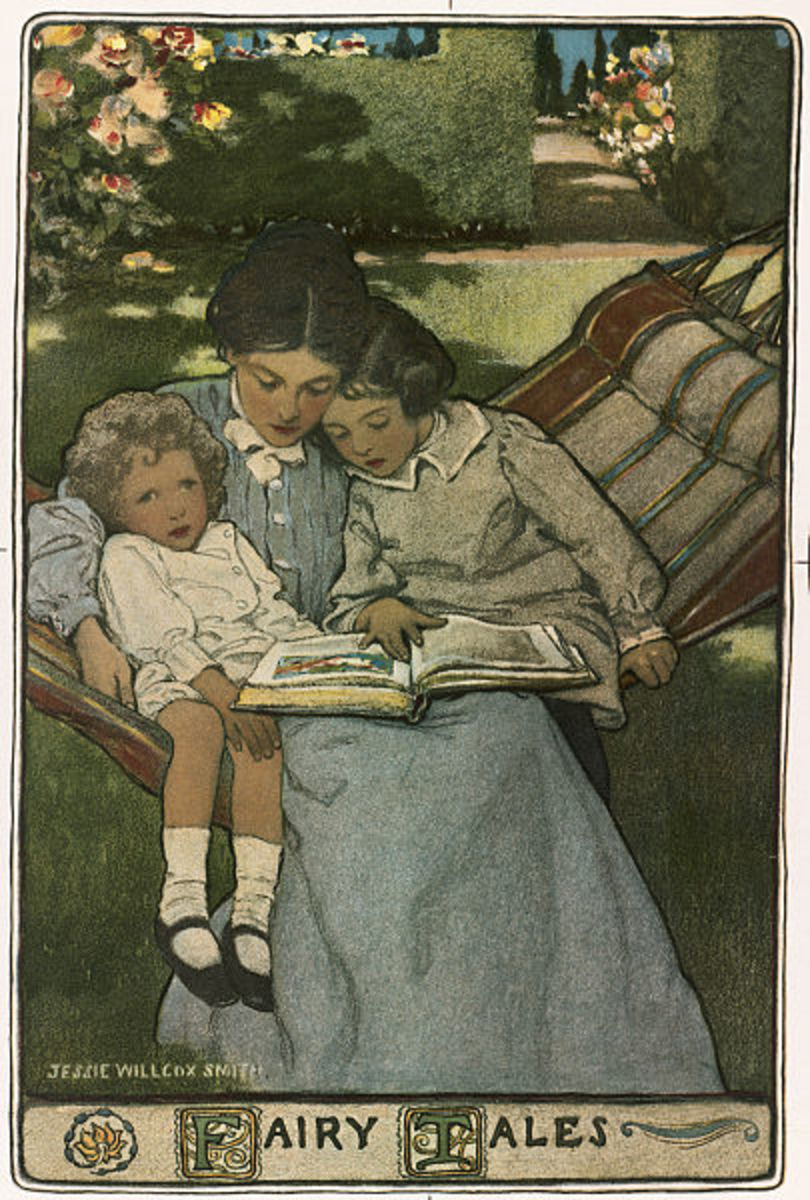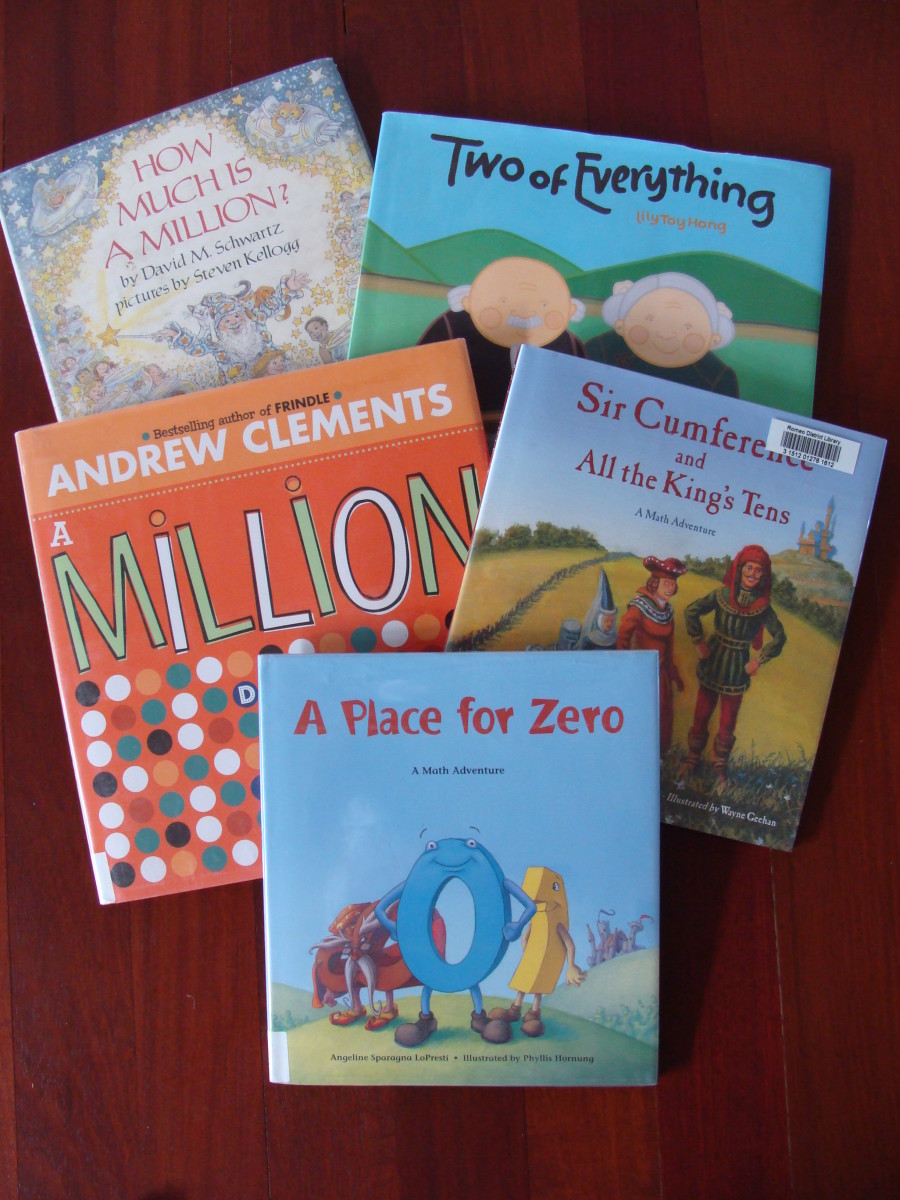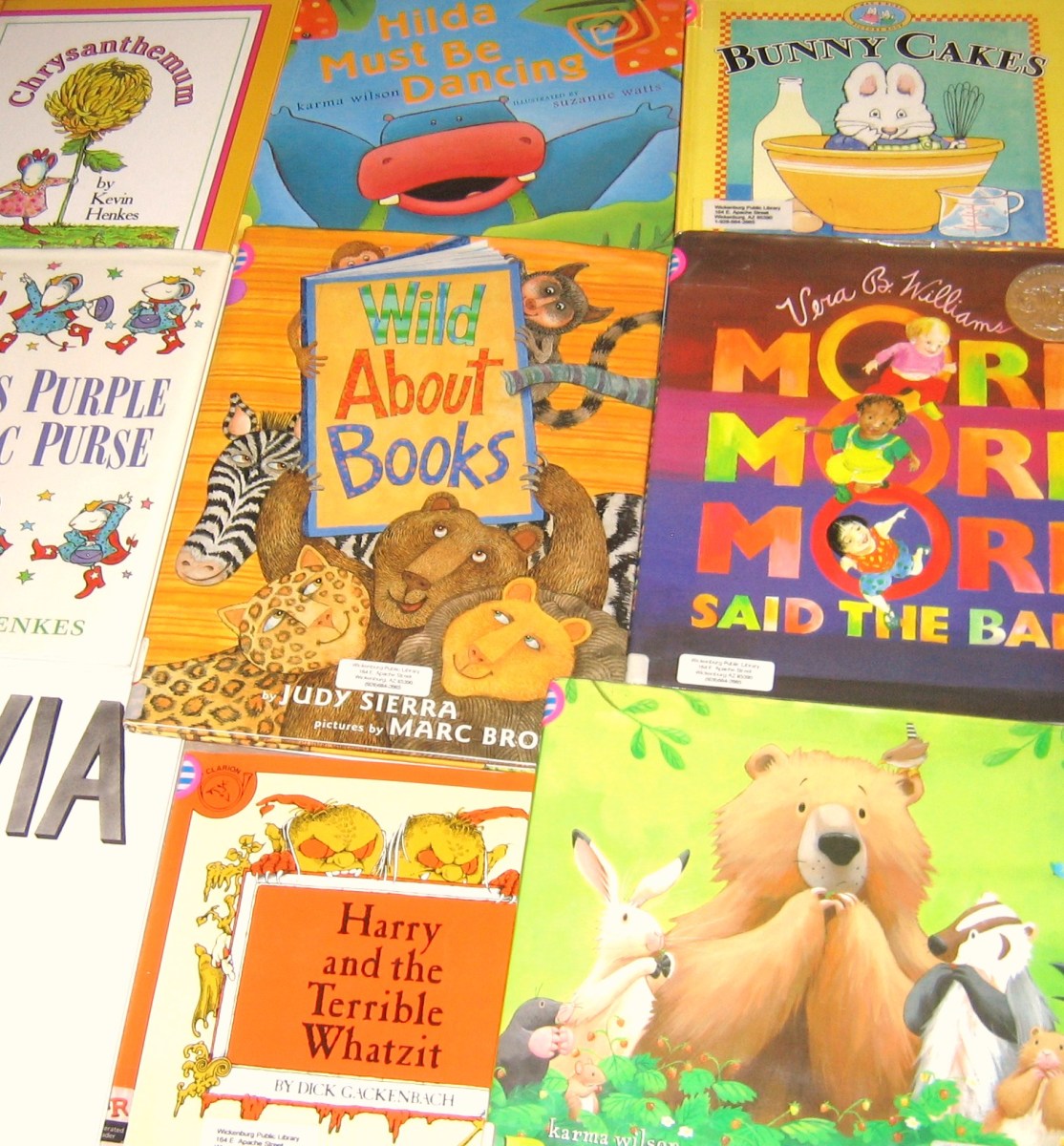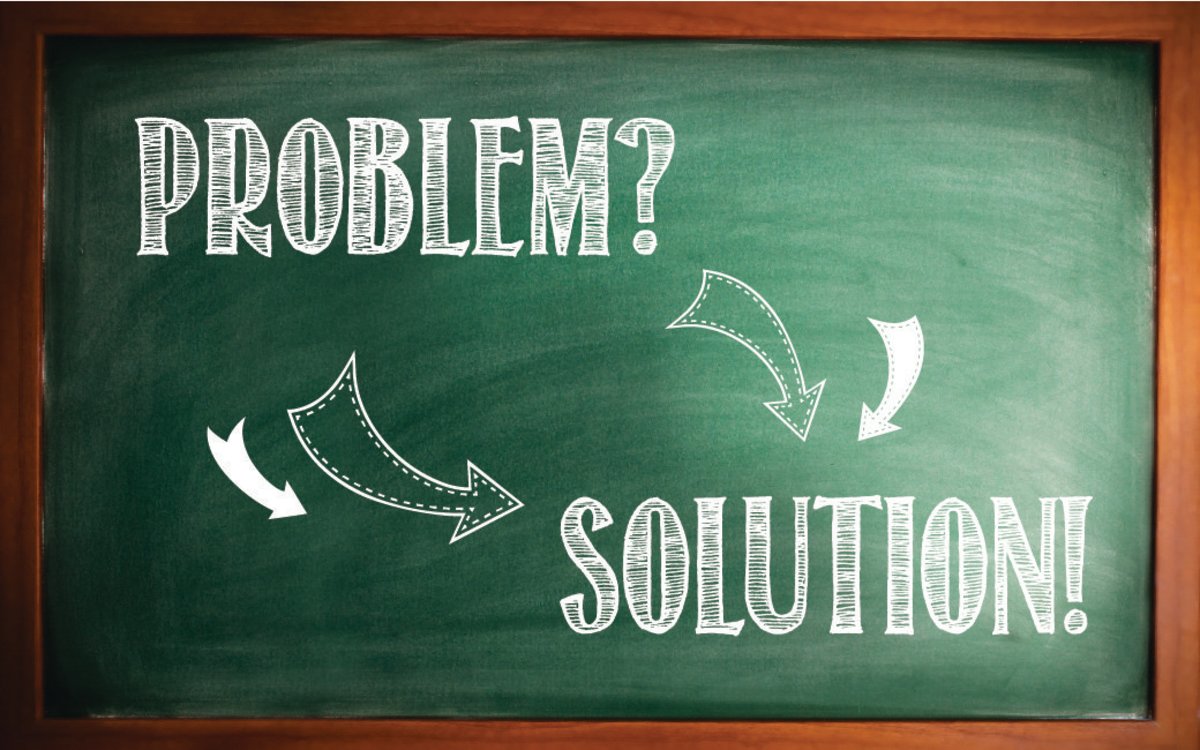How to Write a Children's Book Review
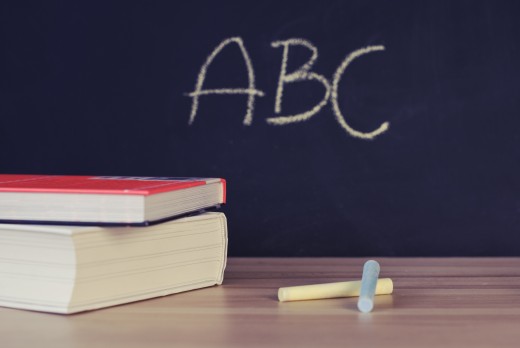
How to Write a Book Review for Primary Students
- How to Write a Book Review For Primary Students
Writing a book review for primary students is easier than you think. Here, you can find a little advice and some simple rules to follow to set you on the right track to a successful review.
What is children's literature?
Before reviewing books for children's literature, it is crucial to understand what that term means. If you don't know where the book you've chosen to review falls within children's literature, you may not fully understand what kind of audience to write for. It is essential to target the right audience so that you know what kind of information is most important to share.
Sometimes this can be difficult because of books that are meant for children but are also read and enjoyed by adults. A popular example of this is J.K. Rowling's Harry Potter series. There are many definitions for what falls under this genre that can be broken down into four categories.
Books Written by Children
It's pretty safe to assume that if the book is written by a child then a child reader would enjoy it. If the book you've chosen to review is written by a child, definitely include this information because it may make it more appealing for an adult to give their child or for a child to pick up for themselves. S.E. Hinton's The Outsiders and Anne Frank's diary are examples of two books written by children that are likely to be read by children in school for class.
Books Written For Children
It is commonly believed that all children's literature is written for children exclusively, but this isn't always the case. Just like J.K. Rowling's unexpected popularity with adults, many children's books can end up in the hands of grown ups. This is why a lot of times they are marketed to adults as well as children. It is important to remember this when writing a review because the book will not always catch an adult's eye as just something appropriate for their child but may also sound like something they'd like to read themselves.
Books Chosen For Children
Some books are exclusively chosen for children for a purpose such as education or any other preparation for adulthood. Books in this category tend to be happy and focus on life lessons for the child. A fantasy story or a story involving a child as the central character who copes with their dilemmas alone do not fall under this category. When writing a review in this case, if the book seems like it would be something that a child would most likely not choose on their own or that a teacher, parent, or other adult figure would choose for the child, it may be important to focus more on the educational aspect of the book than the entertainment value.
Books Chosen by Children
Novelist Orson Scott Card, who has an adult and younger reader following, once said that
"one can make a good case for the idea that children are often the guardians of the truly great literature of the world, for in their love of story and unconcern for stylistic fads and literary tricks, children unerringly gravitate toward truth and power."
Oftentimes, children choose books that are not considered literature by many, such as comics, but may choose classic novels or ones that speak on many different levels than they may actually recognize before adult hood. Don't be afraid to try and promote a novel through your review that may seem too much for a child. Usually, they will pick it up for its entertainment value and will not realize the darker or deeper side until rereading it as an adult.


Writing a Children's Book Review
It's important to understand first that there is no set way to write a children's book review. There are a few important things to remember to do and not to do but your book review and how you write it may just differ from many others out there. This isn't a bad thing, as long as it follows some basic guidelines.
Successful children's book reviews come when you just try and write what you think and feel about the book, without focusing too much on your own opinions on parts like the moral of the story or its theme. Write your book review immediately after reading the children's book so that your feedback is fresh in your mind. Remember, opinions only matter when it comes to issues such as whether or not the book is too graphic for a child or if it's too difficult for them to understand or follow the storyline.
Tell the audience what the book is about and what you believe is essential information for them to understand before deciding to read it or allow their child to read it. One of the most important parts of the novel to understand is what it's about, just make sure not to give away the most important parts of the story and ruin it for potential readers before they get the chance to even pick it up.
A little research also doesn't hurt. Getting to know the author and their background can help bring interest to your review, especially if they've published before and had great reviews in the past.
If you'd really like to get your reader excited to read the children's book you've decided to review, try to spice it up by adding your own voice. Having a distinct style and a creative way of describing the book makes the review fun to read and makes your audience more likely to go and pick up a copy themselves.
Five Steps to Writing a Killer Book Review
© 2012 Lisa

